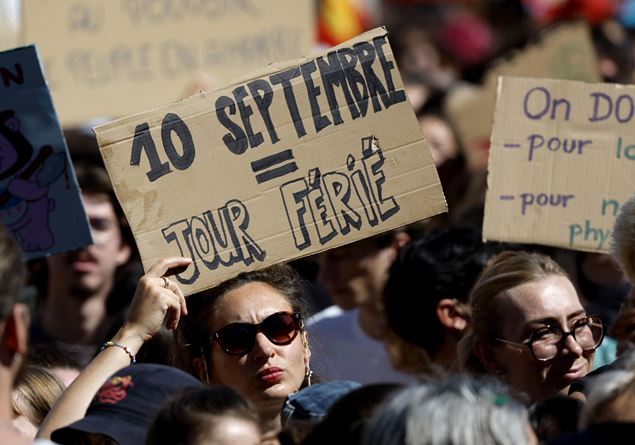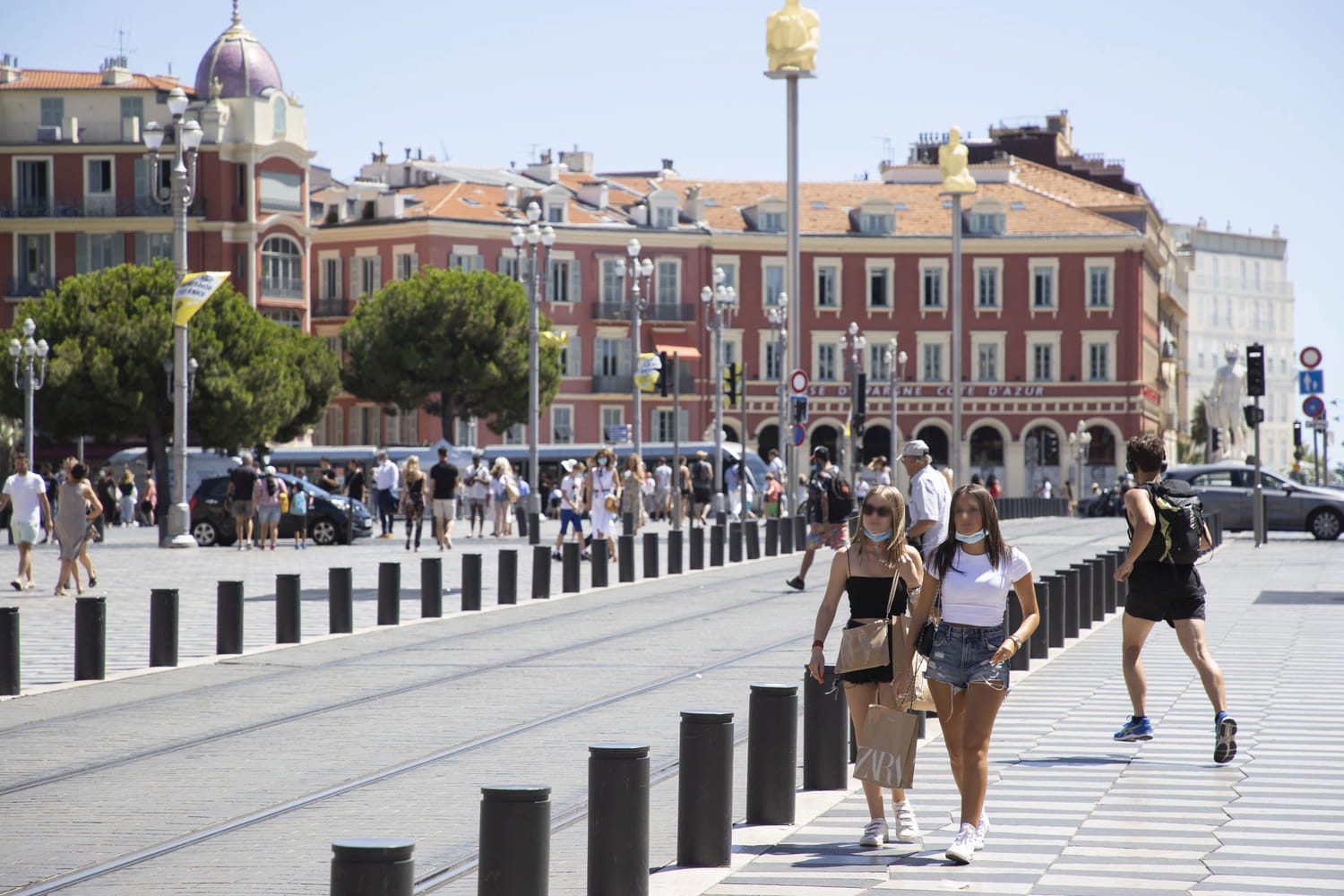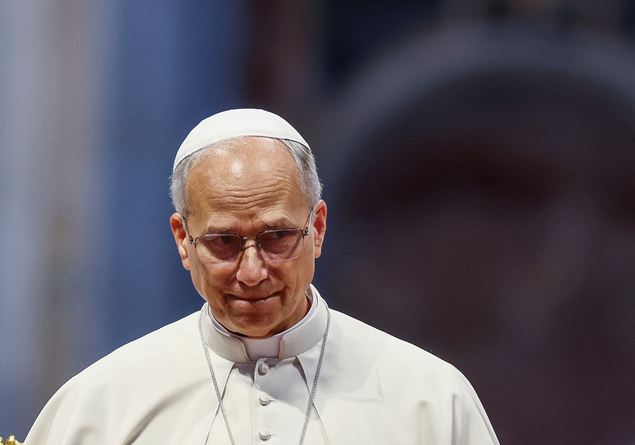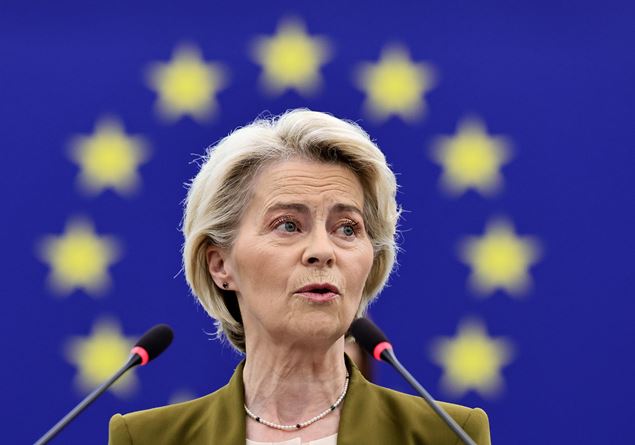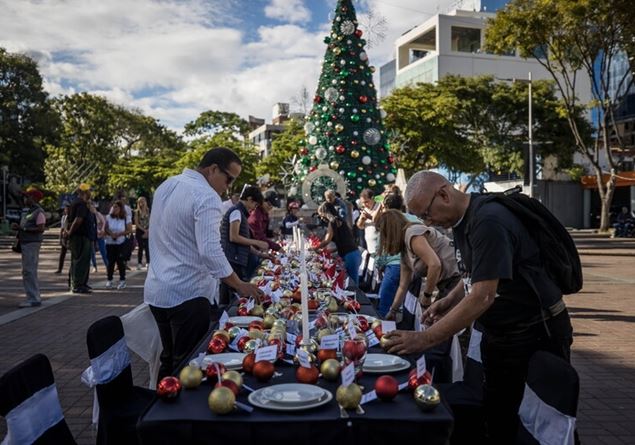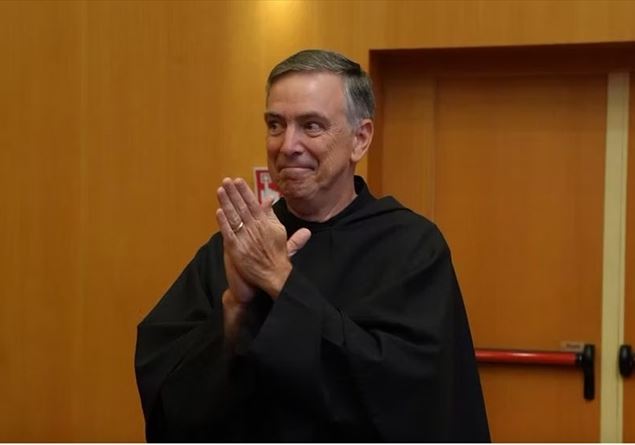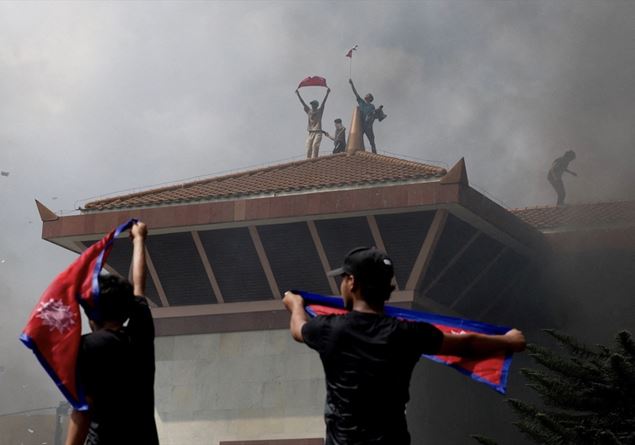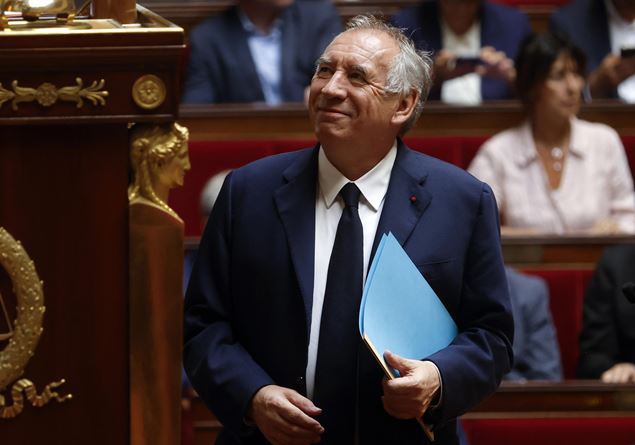He starts from the memory of Pope Francis, of his “extreme, intense appeal to peace for all peoples” in the last urbi et orbi pronounced before death. “I too,” explains Pope Leone, meeting the bishops of the Italian episcopal conference, “on the evening of the election, I wanted to echo the announcement of the risen Lord:” Peace is with you! “”. Thanks for the prayers that “I need so much!” And he underlines the particular link that unites the CEI to the Pope. “Following the example of my predecessors, I also feel the relevance of this” common and particular “relationship, as Saint Paul defined him by intervening at the first General Assembly of the CEI”.
He underlines the principles of “collegiality, which have been developed by the Second Vatican Council”, collegiality “between you and collegiality with the successor of Peter”. A principle of “communion is also reflected in a healthy cooperation with civil authorities. The CEI is in fact the place of confrontation and synthesis of the thought of the bishops about the most relevant issues for the common good, “he explains.
And then remember the challenges of our country. Those linked, first of all, “to secularism, to a certain disaffection towards faith and the demographic crisis” by calling “courageous choices, which are proper to a true ecclesial community: lead to let themselves be” disturbed “by events and people and to fall into human situations, animated by the restoration spirit of the beatitudes” “.
To the Italian bishops the Pope indicates some pastoral attention. “First of all,” he says, Leone, “a renewed momentum is necessary in the announcement and transmission of faith. It is a question of putting Jesus Christ in the center and, on the road indicated by Evangelii Gaudium, helping people to live a personal relationship with him, to discover the joy of the Gospel. In a time of great fragmentation it is necessary to return to the foundations of our faith, to the Kerygma. This is the first great commitment that motivates all the others: bring Christ “into the veins” of humanity, renewing and sharing the apostolic mission: “What we have seen and heard, we also announce it to you” “. We must try to “intercept those who are farthest and with tools suitable for the renewal of catechesis and the languages of the announcement”.
In particular, “pastoral attention to the theme of peace must be developed. The Lord, in fact, sends us to the world to bring his own gift: “Peace is with you!”, And to become artisans in the places of everyday life. I think of the parishes, the neighborhoods, the internal areas of the country, the urban and existential suburbs. Where human and social relationships become difficult and the conflict takes shape, perhaps in a subtle way, a church capable of reconciliation must be visible ».
On the exhortation of the apostle Paul – “If possible, as far as it depends on you, live in peace with everyone”, Leone hopes that “each diocese can promote education paths to nonviolence, mediation initiatives in local conflicts, reception projects that transform the fear of the other into an opportunity to meet. Each community becomes a “house of peace”, where you learn to defuse hostility through dialogue, where justice is practiced and forgiveness is kept. Peace is not a spiritual utopia: it is a humble way, made of daily gestures, which intertwines patience and courage, listening and action. And who asks our vigilant and generative presence today more than ever ».
Still he insists on the «challenges that question respect for the dignity of the human person. Artificial intelligence, biotechnology, data economy and social media are profoundly transforming our perception and our life experience. In this scenario, the dignity of the human risks being flattened or forgotten, replaced by functions, automatisms, simulations. But the person is not a system of algorithms: it is creature, relationship, mystery. I then allow myself to express a hope: that the path of churches in Italy includes, in consistent symbiosis with the centrality of Jesus, the anthropological vision as an essential tool of pastoral discernment “.
Leone fears that “without a lively reflection on the human” ethics can be reduced “to code and faith” becomes “discharged”. For this reason, he recommends “in particular, to cultivate the culture of dialogue. It is nice that all ecclesial realities – parishes, associations and movements – are intergenerational listening spaces, confrontation with different worlds, care for words and relationships. Because only where there is listening can communion arise, and only where there is communion the truth becomes credible. I encourage you to continue on this path! ».
And then “announcement of the Gospel, peace, human dignity, dialogue” are the coordinates on which the Italian Church is called to walk. Keeping in mind the unit, “especially thinking about the synodal path”. Leone urges to remain “united” and not to defend himself “from the provocations of the spirit. Synodality becomes mentality, in the heart, in decision -making processes and in the ways of acting ».
In addition, it is necessary to look at “tomorrow with serenity and do not be afraid of courageous choices! Nobody can prevent you from being close to people, of sharing life, of walking with the last, of serving the poor. Nobody can prevent you from announcing the Gospel, and it is the Gospel that we are sent to bring, because it is of this that all, we first, we need to live well and be happy ».
Finally, the care of the “lay faithful, nourished by the Word of God and trained in the social doctrine of the Church” so that they are “protagonists of evangelization in the workplace, in schools, in hospitals, in social and cultural environments, in the economy, in politics”.
